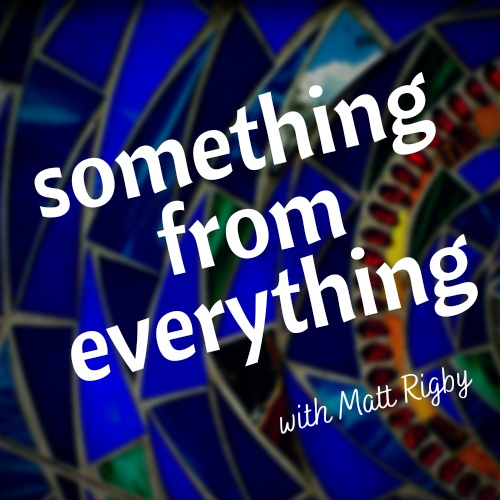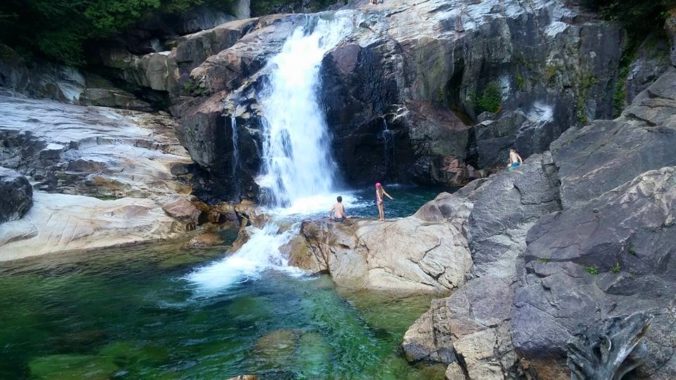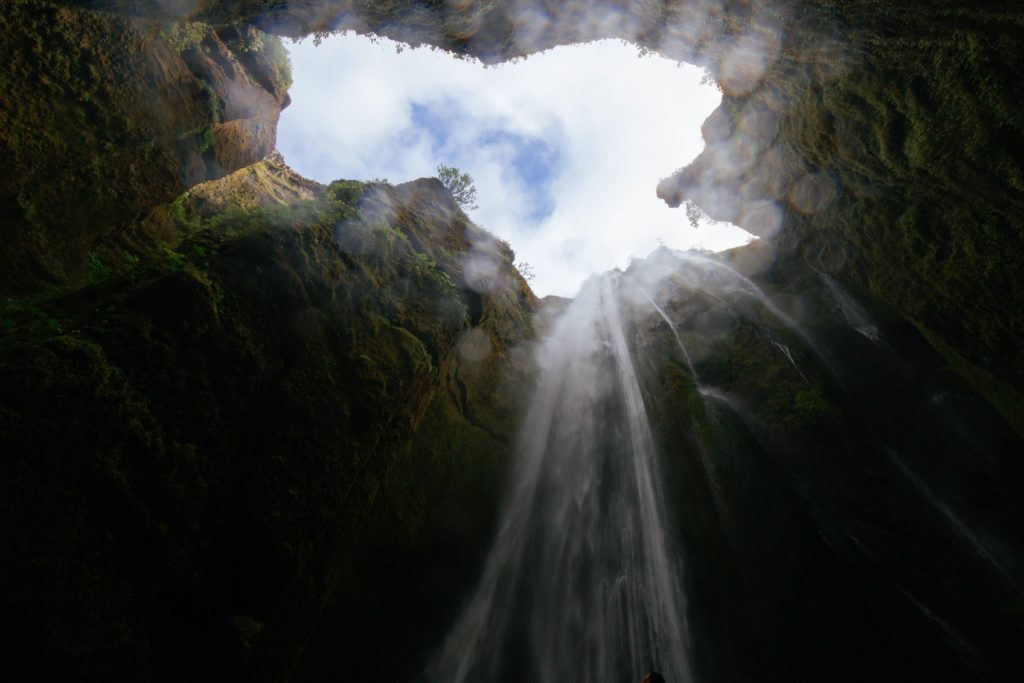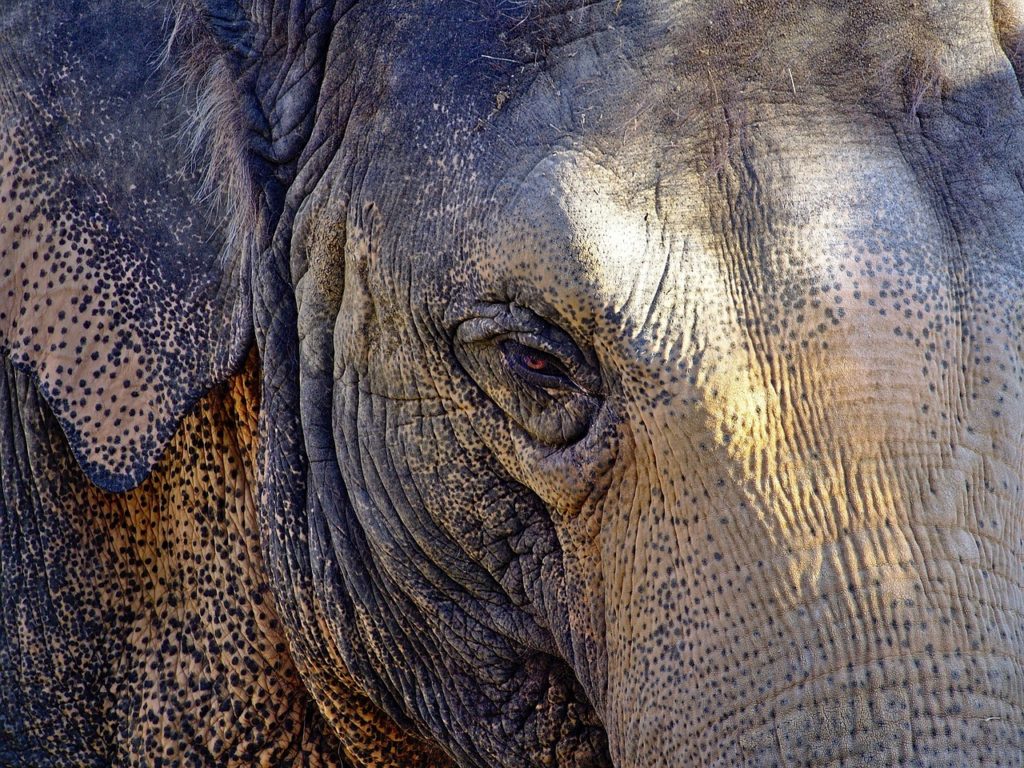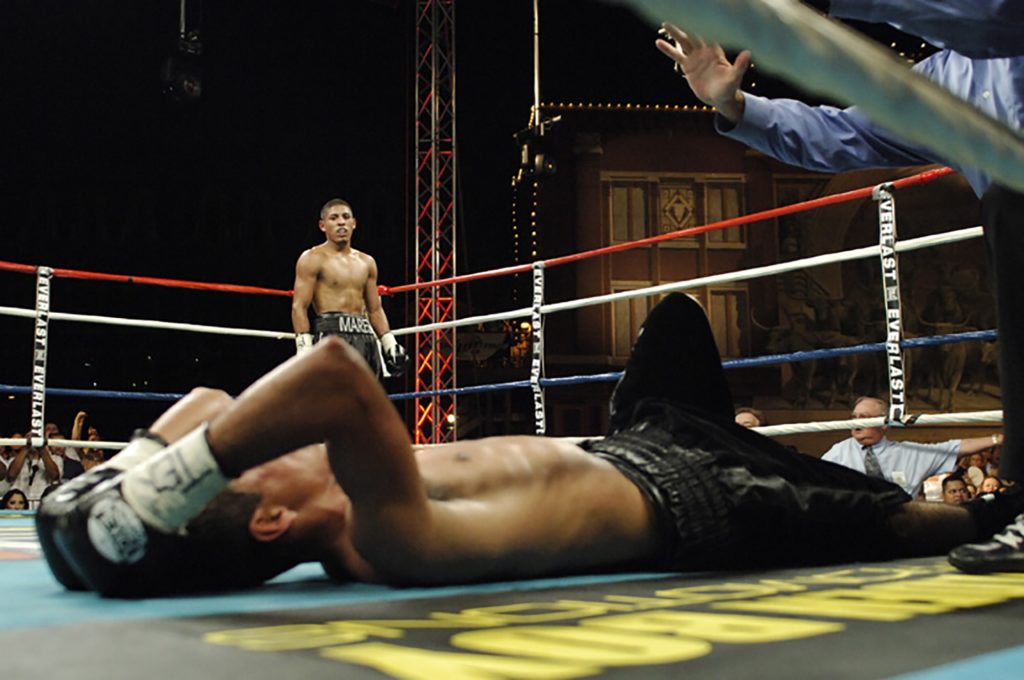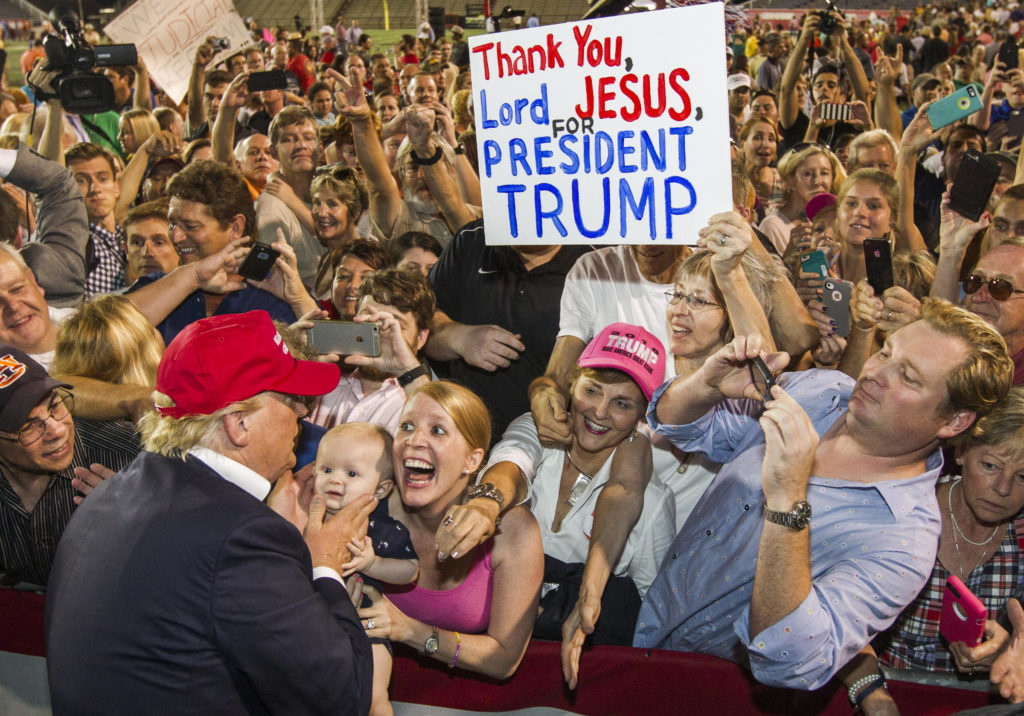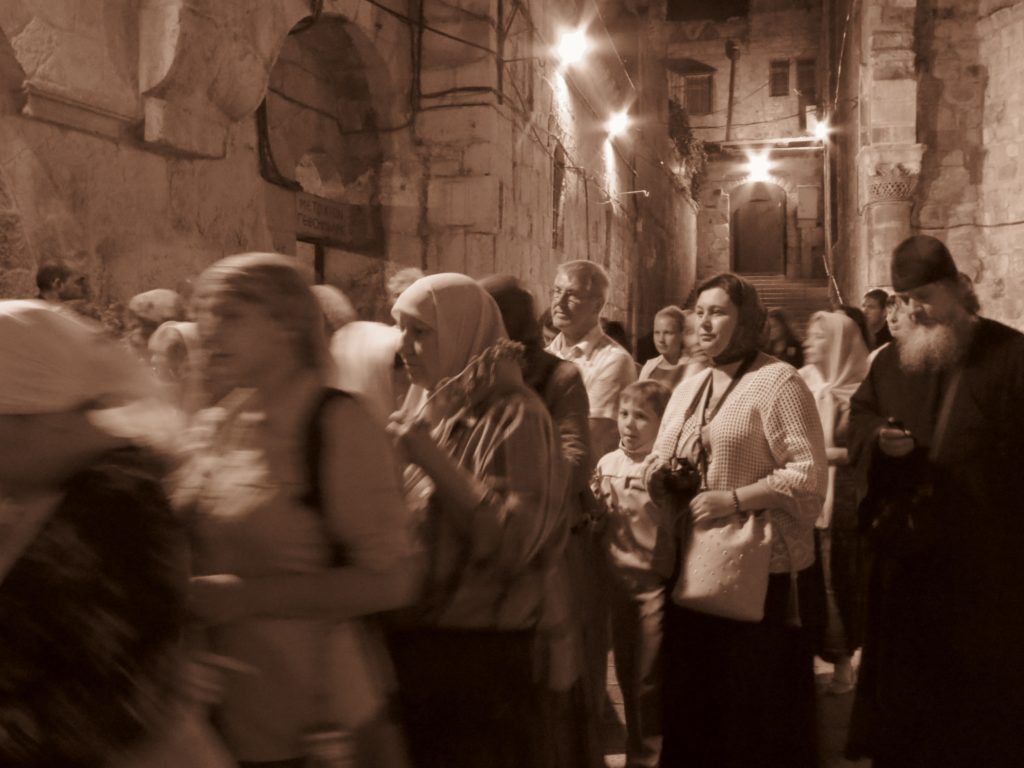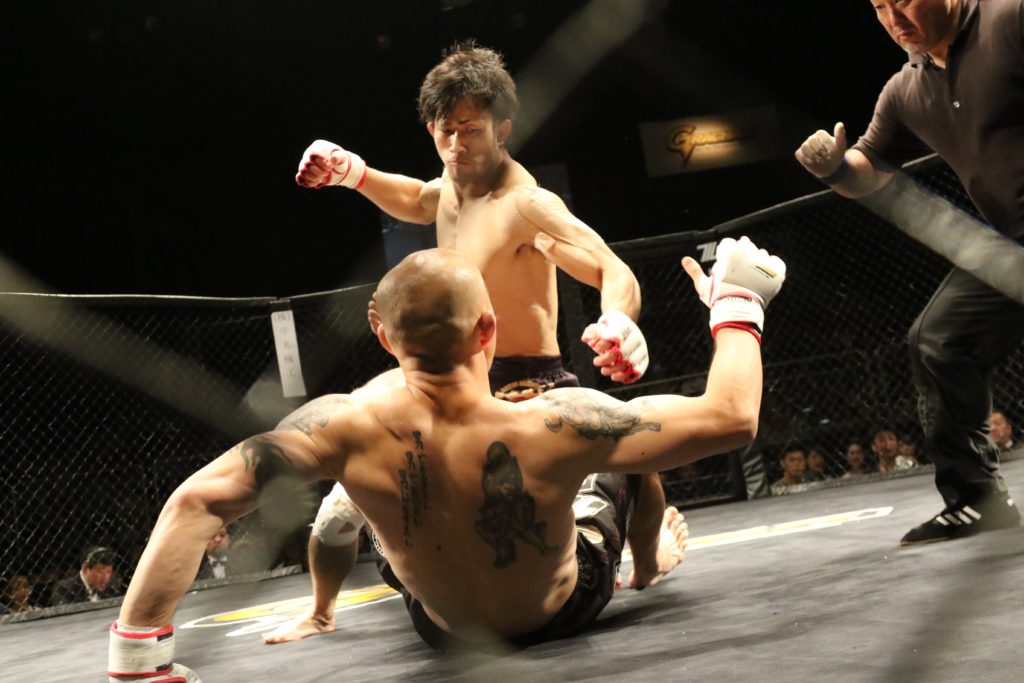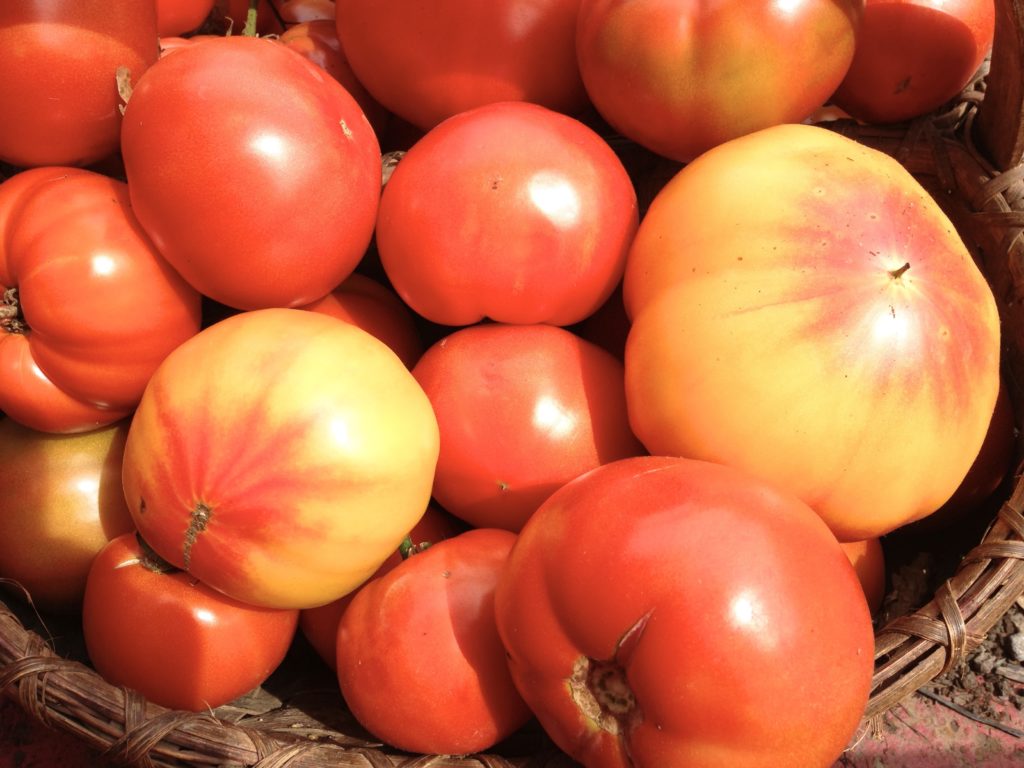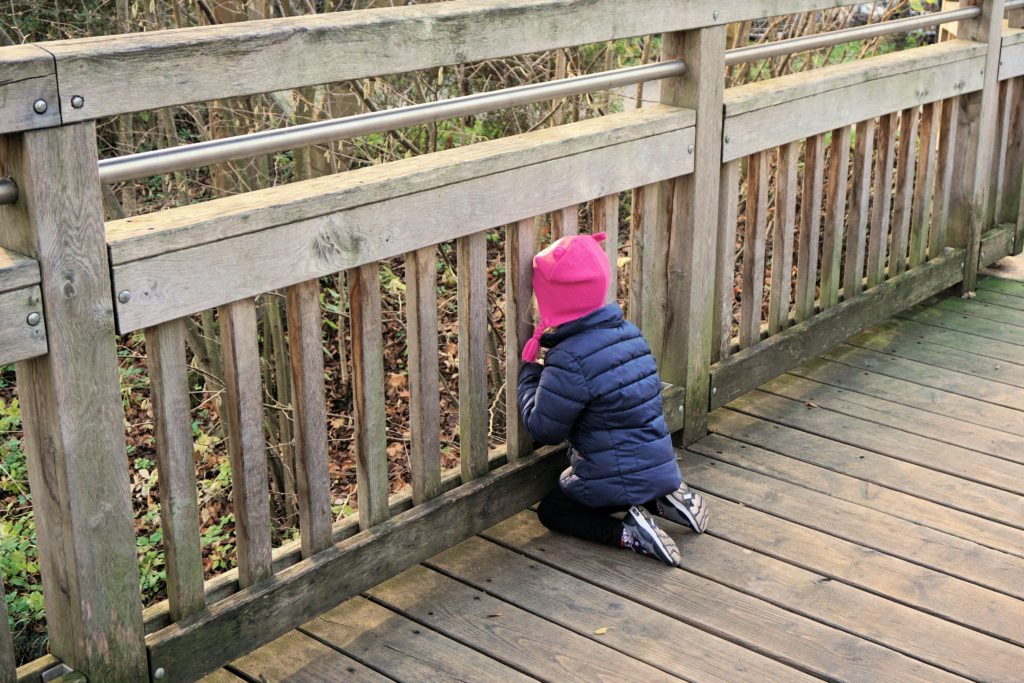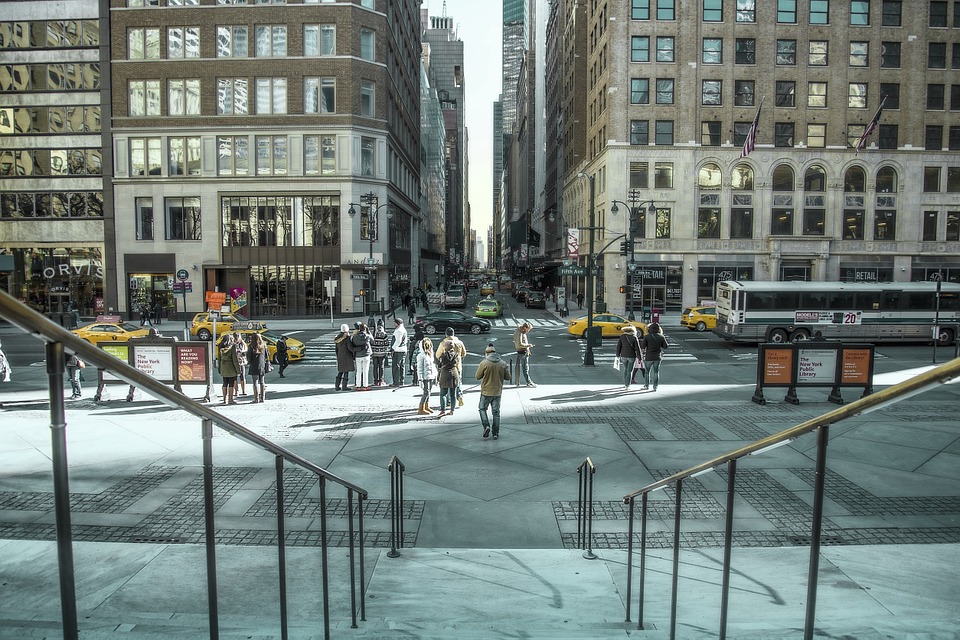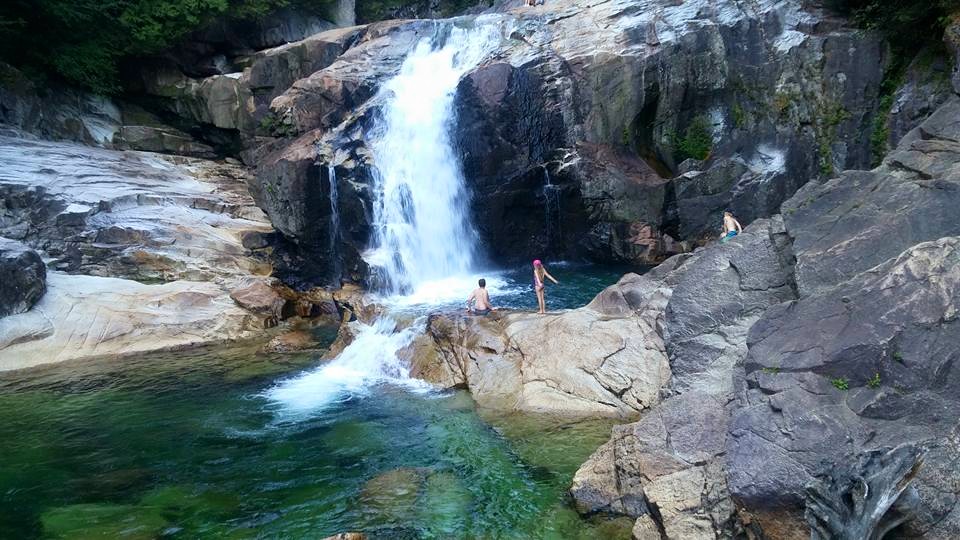
I’ve been spending a lot of time on Google calendar recently, sifting through hospital work sets and searching for those elusive moments where my days off and the weekend intersect. And though summer is still months away, though we are just now entering weather warm enough that the thick overcoat might be left aside for the day, I’m staring longingly towards those select weekends in July and August. Because July and August mean summer. And summer means camping.
There is a whole lot about camping that I love, combined with a few aspects of camping I’m perfectly willing to put up with. I love Hot dogs for breakfast, lunch and dinner. I love beer in the early afternoon, and late afternoon, and evening (no breakfast beer, that’s a line too far…). I love lighting up a fire for any and all occasions, and I love staring bleary eyed into the flames in the dark of night, watching the sparks escape, and then raising my gaze to a clearing of stars among a circle of trees.
I don’t love the inescapable dampness if you happen to hit a rain stretch, the broken, lumpy sleep, the alternating of cooking or freezing in your sleeping bag, and the pitch dark freezing dashes to the bushes to pee in the middle of the night (which could probably be alleviated by reducing the fireside beers in the first place…).
Most of these complaints have now been made obsolete as last year we made the jump from tenting to a tent trailer (or from camping to glamping as some of my friends might snicker). But on the whole, on the ground or on wheels, all camping is good camping.
In addition to our individual camping, each year a group of our friends get together for a group camping trip. We’re pretty evenly dispersed between Vancouver Island, the coast and interior of British Columbia, so each year we vie and petition for the annual camping trip to come to our neck of the woods.
A few years ago we settled on Golden Ears Provincial Park, just outside of Maple Ridge, BC. Golden Ears is home to old growth hemlock forests, with the actual camping sites amidst ancient trees and moss covered forest floor where our youngest and oldest alike could explore and hide and build forts. The park is also home to many nearby day hikes, including one that ends in a magnificent waterfall, the Gold Creek Falls.
Our kids are pretty good hikers, and generally have a natural love and curiosity of the outdoors that we try our best to foster. We’re not nearly as active as some of our friends, but our kids are no strangers to hikes that last a few hours, or to the occasional scramble up hill, or the scuttling down on their butts when descending down a steep pitch.
And so, on the hike up to Gold Creek Falls, we explored rotted out stumps, walked along and atop the shallow river stones, and held our children’s hand as we leapt across large boulders at the base of the falls, swimming briefly in the run off (it was freezing, even in the dead of summer).
And then we ventured closer to the mouth of the falls themselves.
To get to the basin, you have to climb down and around the rocks surrounding the main falls, and as such, I was sheltered by the sound of it. When I came around the rock to the edge of the pool, it was stunning. The immensity of it all. A torrent of sound, the force of the water pummeling down endlessly into the basin. It’s own private windstorm, kicked up by the force of the water. I became terrified. I was near the edge, and my eldest child, who was still a good six feet back from me, was entirely too close to something so great and terrible. It wasn’t long before I stepped back from the ledge of the basin, and led our way back to safety.
We returned to the safety of the onlooking path, and somebody screamed. It was a wretched sound. A small white dog had been playing with her owner at the top of the falls when it got carried away by the current and over the edge. My wife called for me to help so I ran back to the mouth of the pool. The owner of the dog was staring wildly and screaming at the water. I grabbed the largest stick I could find nearby – at least 5 feet in length – and began prodding the water. I don’t know what I expected, but as I plunged the stick as deep as it could go, I met no resistance. I pushed the stick around the edge of the basin. I was wider than I anticipated. There was a shelf of rock all around the edge of the pool.
That constant torrent had ebbed and eroded the smooth rock deeper than I could plumb, and wider than I could see from the surface.
We stayed at the edge of that basin for a long while, but we never found that dog. I don’t know if they ever did. I did a quick search of the falls before writing this post, only to find that last summer a woman fell over the falls trying to rescue a man that was swept up with the current on the upper falls. This very month a 24 year old male was presumed dead after falling over the falls , with search and rescue being unable to find his body. The falls are beautiful, but they are not safe.
We have a picture of us at the edge of the basin, taken before all of this occurred. It’s stunning picture, but it still makes me shudder. The photo appears still and serene, completely devoid of the awesome terror of standing at the edge of such brutal force.
Now, I overuse the term “awesome”, like a 90’s ninja turtle, but I don’t often think much of its initial designation: something extremely impressive or daunting; inspiring great admiration, apprehension or fear. But in the very true sense of the word, that place was awful. Full of awe.
That day, and the picture of it reminds me how beautiful and terrible and fragile everything was. All at once together, and inseparable.
I write about my experience at the falls because on some level, it shocks me that it shocked me. Of course waterfalls are dangerous. Of course I couldn’t reach the bottom of the pool. This water has been flowing constantly, etching, patiently rubbing away at that rock. Of course the undertow and current were strong enough to keep whatever fell into their depths. None of this is shocking, and there’s an element of shame in this story, because I know that I should have known better without experiencing it at such close proximity.
It’s worth noting that you don’t have to go down to the mouth of the falls to appreciate them. You can see the entirety of the falls from atop the high lookout at the end of the well worn path. You can hear the sound of it, but it’s more of a low roar that blends seamlessly with the chatter of the onlookers. You might even feel some of the light spray. The lookout is a fine place to take in beauty of the falls, but it might be easy to forget how powerful they are, or how fragile you are, from such distance. Indeed, that forgetting might be the greatest danger of a safe distance.
Perhaps occasionally close proximity is necessary for us to see things as they really are. To shock us, to wake us up. It is enough to remind me that some things look safe and predictable, only from a distance. Some things appear simple only because I have stared at them from a distance, in ignorance.
Maybe quite a few things are beautiful and terrible and fragile. And worth a closer, trembling look.
